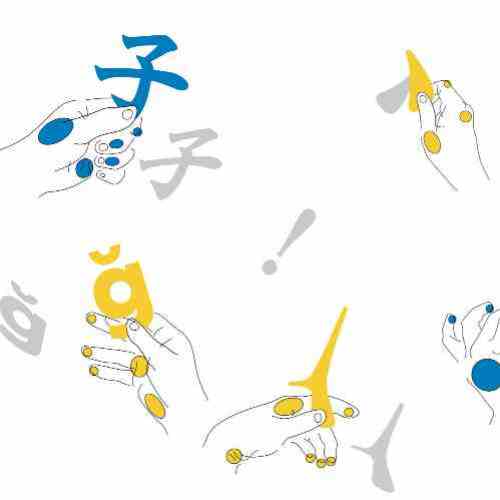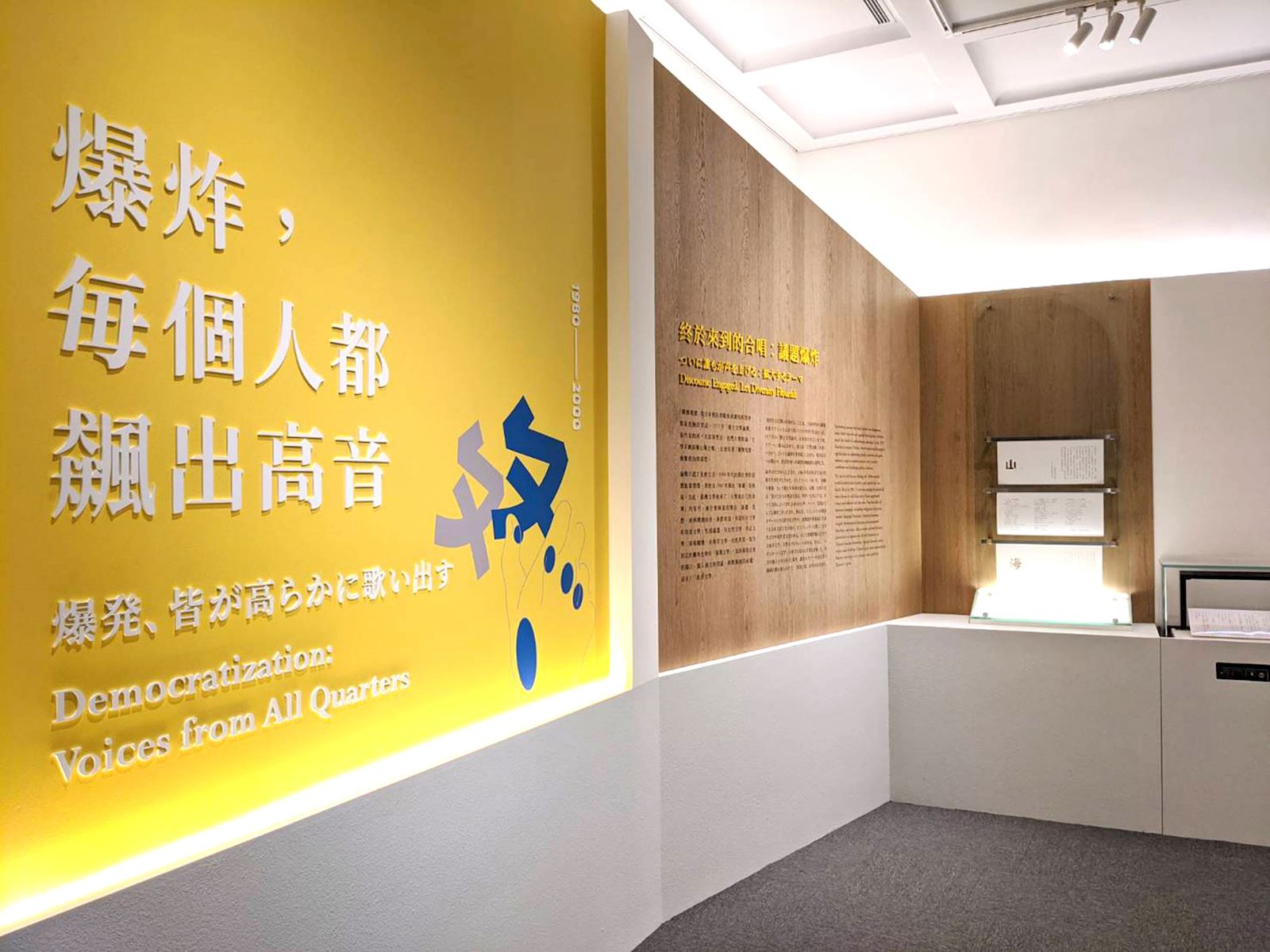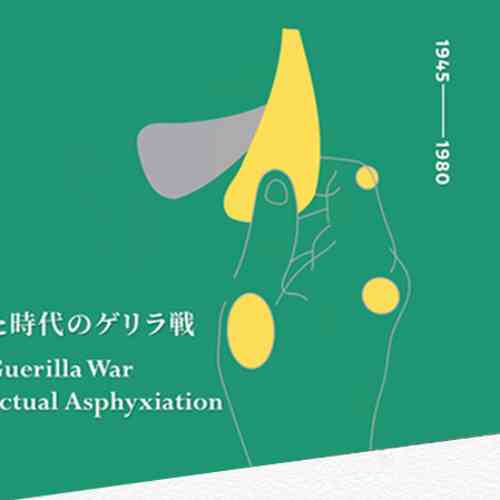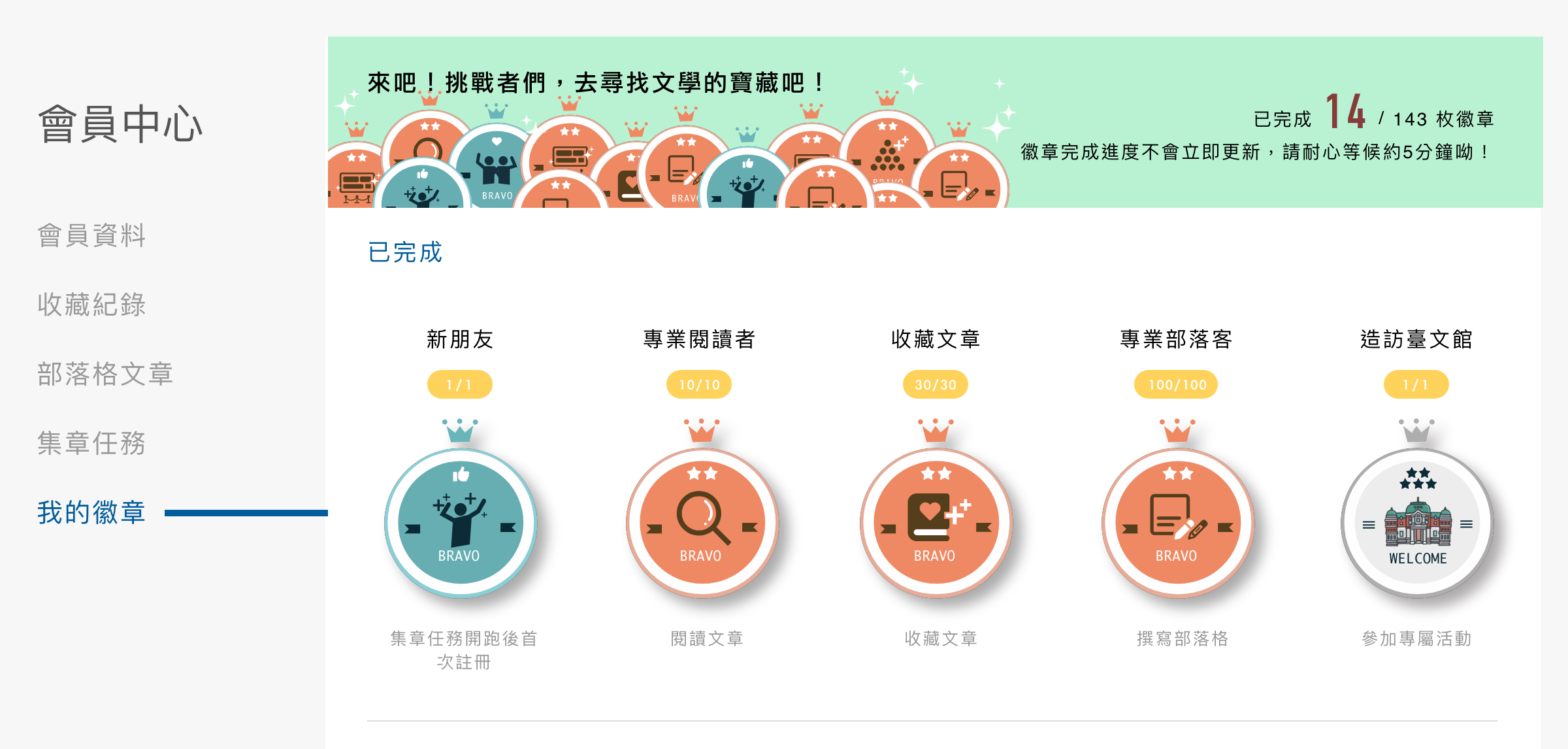ヽ(‘ ∇‘ )ノ Discourse Engaged, Let Diversity Flourish
Authors tested the limits of authoritarian tolerance in the 1977 Nativist Literature Debate, which promoted literature's rightful place in addressing social concerns and gave authors a stage to express concern over current conditions and challenge political taboos.
The rise of civil society during the 1980s steadily eroded authoritarian resolve, and martial law was finally lifted in 1987. A new era emerged in which all were allowed to tell their story. Once-suppressed voices and subjects had free rein. New branches of literature emerged, including indigenous literature, 'mother language' literature, feminist literature, tongzhi (homosexual) literature, environmental literature, and more. Many writers pursued literary journalism to examine the ills and injustices in Taiwan's nascent democracy, explore formerly taboo topics, and challenge Taiwan's party-state authoritarian history, creating in the process a new 'political literature' genre.

The postmodern literary movement, led by Lin Yao-te, Lo Ch'ing, and others, absorbed and adapted Western theoretical precepts to current social and political conditions, advocating that all could be deconstructed and challenged. The playful take of these authors on current affairs gave their works distinctive humor and wit. The linguistic techniques of poets Hsia Yu and Ling Yu gave everyday conversations poetic structure. Even when addressing serious political issues, the writings of Huang Fan, Chang Ta-chuan, and Wu He still left room for cleverly witty observations and deftly delivered comedic relief.
In this heady, exciting new era, taboos had fallen away and the disadvantaged were claiming their voice.
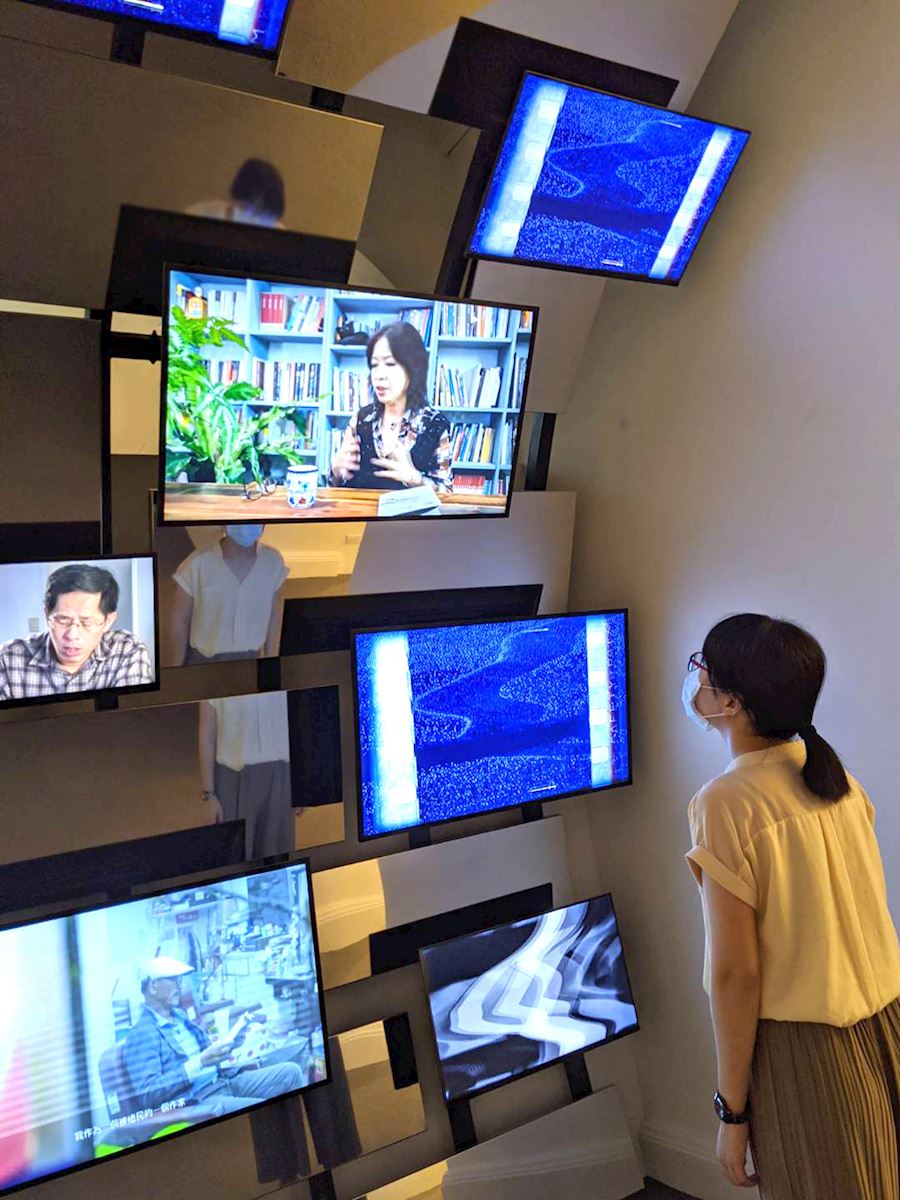
A DIVERSITY OF VOICES Multimedia Installation
The hanging screens display videos of writers talking about their works. When walking around the venue, you are surrounded by all sorts of topics. Welcome to the new era of diverse voices in Taiwan.
◦°˚\(*❛‿❛)/˚°◦ Romance Unattainable: Popular Romantic Fiction
In the 1990s, once-again popular Taiwanese romances and wuxia novels were mainstays of book-rental shops, which served a large but largely overlooked reading audience. Modern romantic fiction got its start in the early 1960s with Kuo Liang-hui's LOCKED HEART and Chiung Yao's OUTSIDE THE HEART, which were important inspirations for genre authors Isabel Nee, Xuan Xiaofo, and others. Taiwanese-born authors were largely absent from this genre, with foreign romances in translation dominant in the market for over a decade.
Taiwanese romantic fiction absorbed an amalgam of literary genres. In the 1990s, Hsi Chuan's LOVE ACROSS TIME paved the way for time-travel-themed narratives and Zuo Qing-wen's BREAKNECK YOUTH popularized gay male literature, greatly expanding romantic fiction's 'creative space'. Narratives on urban life, gender power, and female sexuality turned the spotlight on social change, gender inequalities, and human desires. So-called 'romance' was the glimpse these works gave readers of a world beyond and above our own.
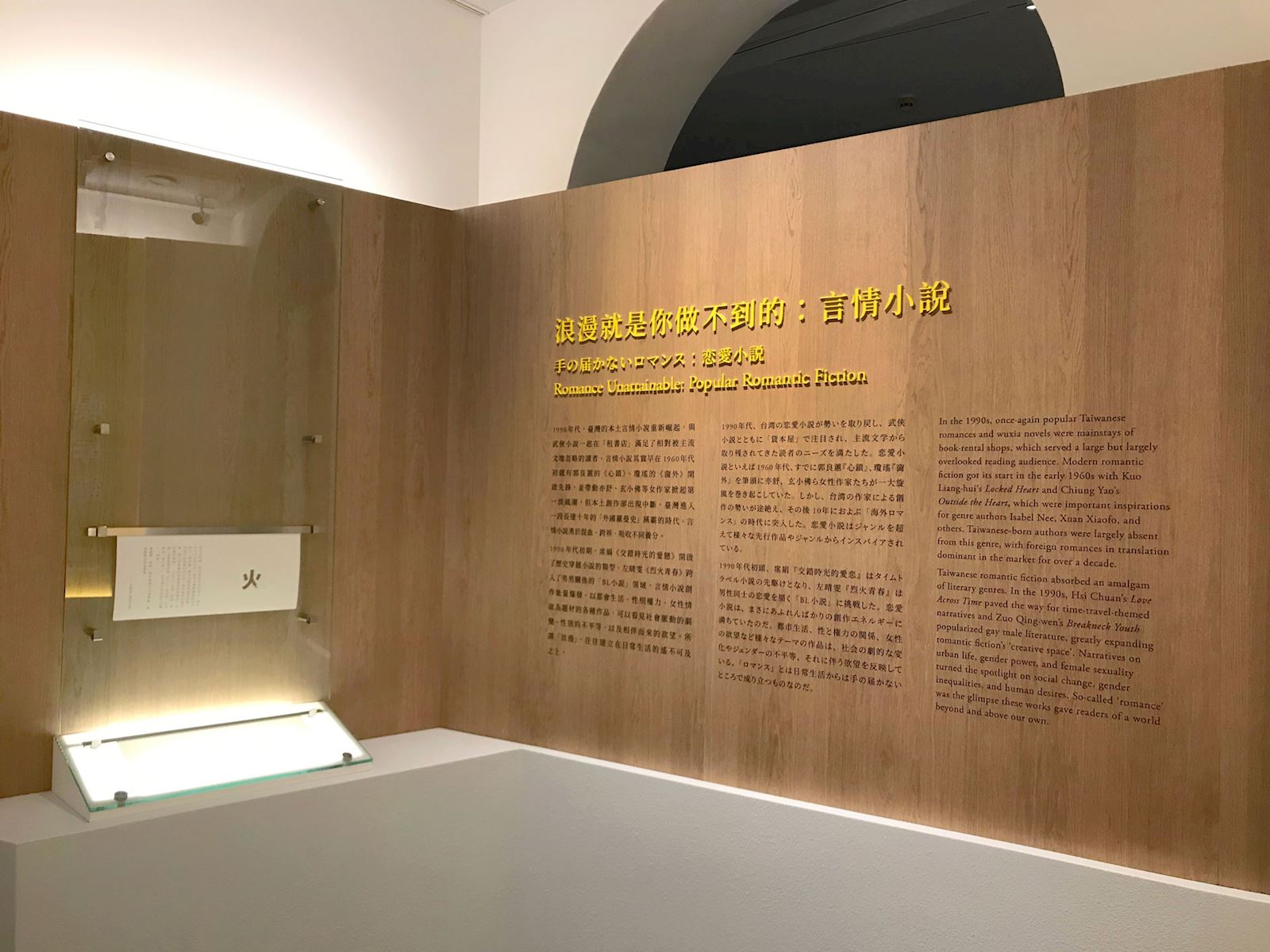
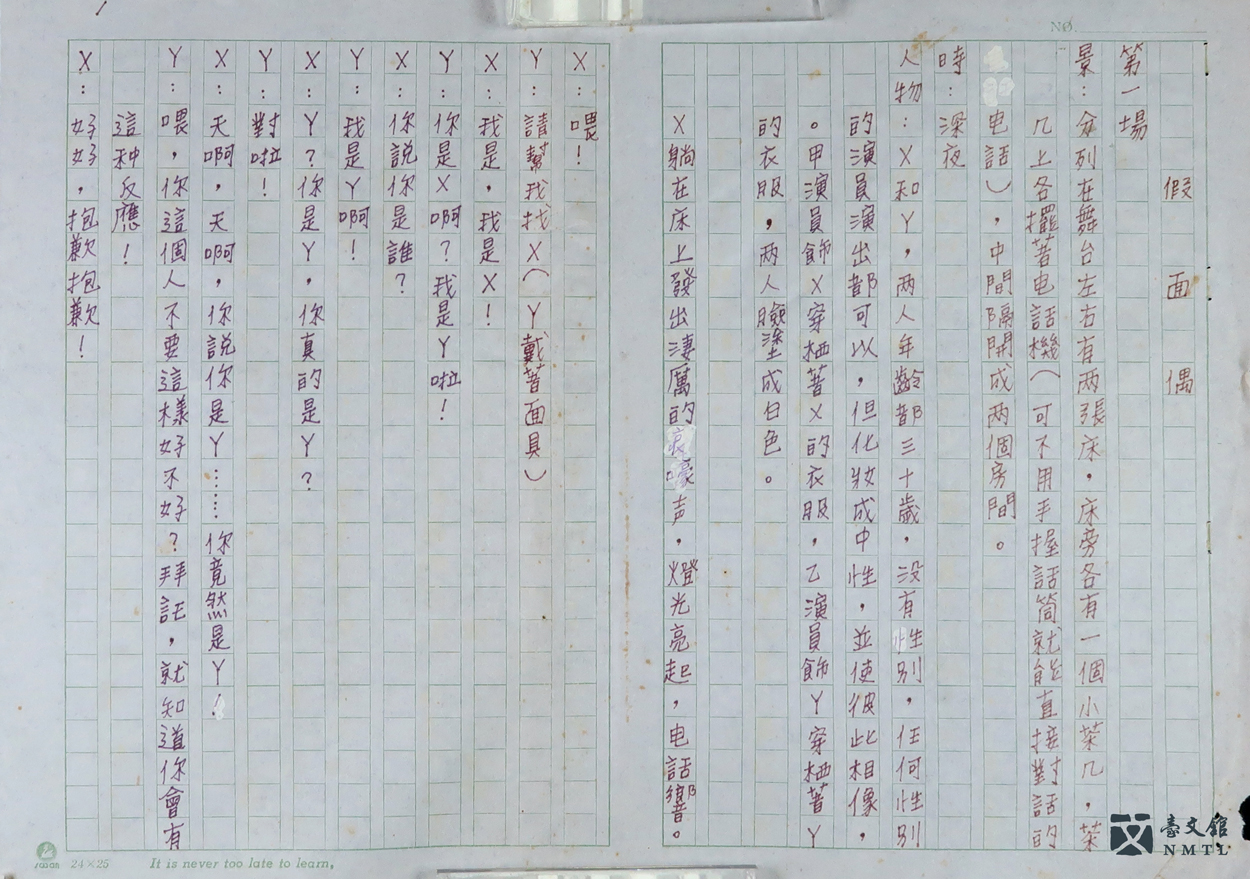
▸ Qiu Miaojin, Manuscript of "Masked Puppets"|Unpublished play script of Qiu Miaojin (1969-1995)—Masked Puppets. Qiu was a representative writer of Taiwan's LGBT literature. Her works Notes of a Crocodile and Last Words from Montmartre had a great influence on the literary scene. She passed away in Paris in 1995 at the age of 26.
୧ | •̀ ل͜ •́ | ୨ Reader Activism Fosters Diversity: Taiwan Literature and 'New Media'
Taiwan emerged from the 1990s as a wealthy and confident nation. Cultural activities were promoted on a commercial scale, Kingstone Book's best-seller list became a widely used gauge of any book's commercial merit, and supplements published in the UNITED DAILY NEWS and CHINA POST newspapers transformed successful authors into cultural superstars. With the rising importance of public media, authors also began expanding into radio, television, and the Internet.
Poets began publishing their works online at the dawn of 'Internet literature'. Online bulletin boards and blogs offered virtual platforms for young writers to communicate and share with their peers. In addition to pure literary works, novels published online by authors like Neal Wu and Tsai Chih-heng foreshadowed the present-day importance of the Internet in literature sales. Beyond allowing authors to easily publish and share their works, the Internet let authors interact directly with readers, without the need of a middleman. Today, readers are actively affecting literary trends. The Internet connects all users while giving each the opportunity to cluster in interest-based online communities.
'Author' has lost much of its formerly lofty status, while the importance of readers has risen to the point where oftentimes they actually shape how new works are developed and written.
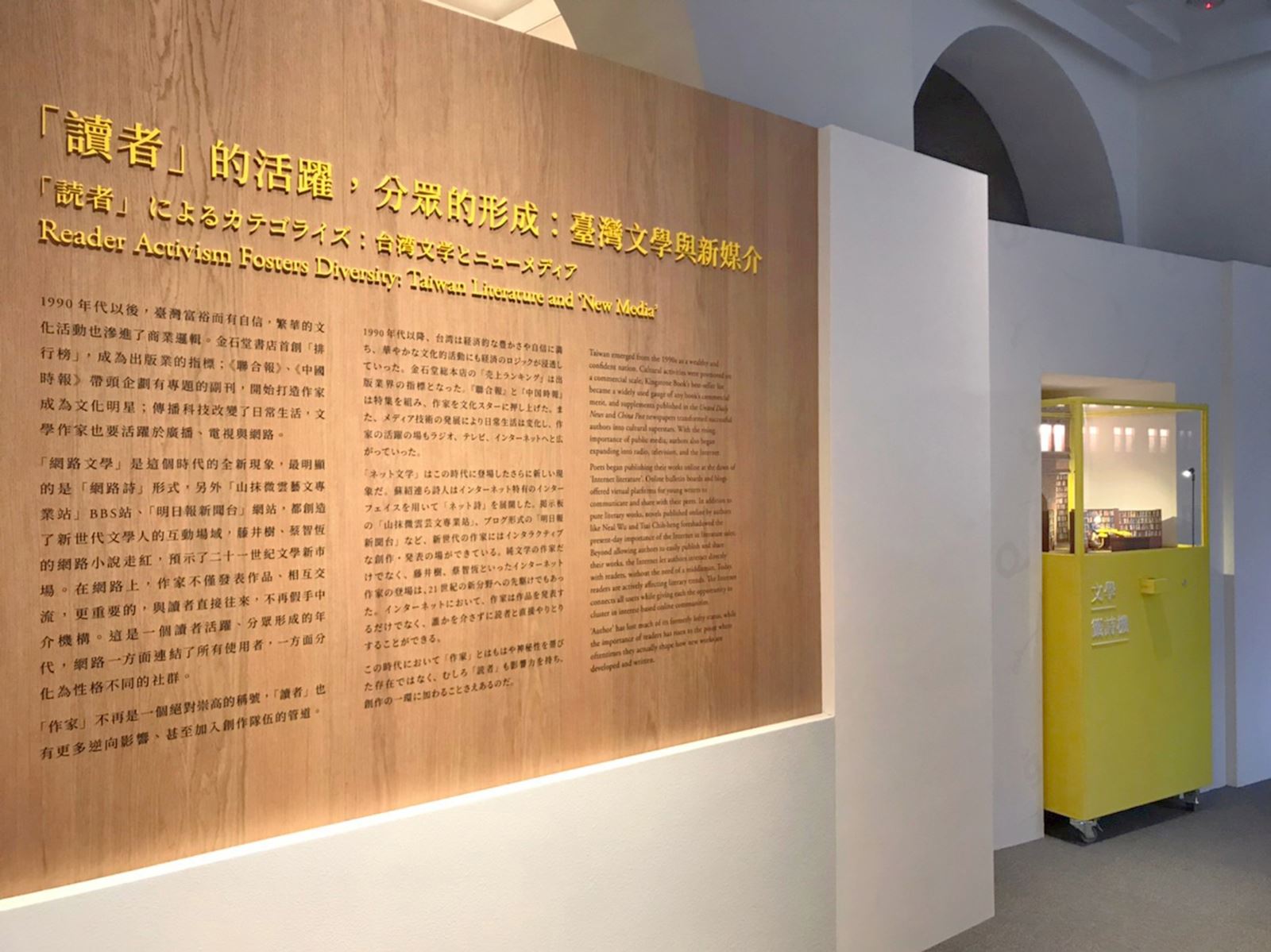
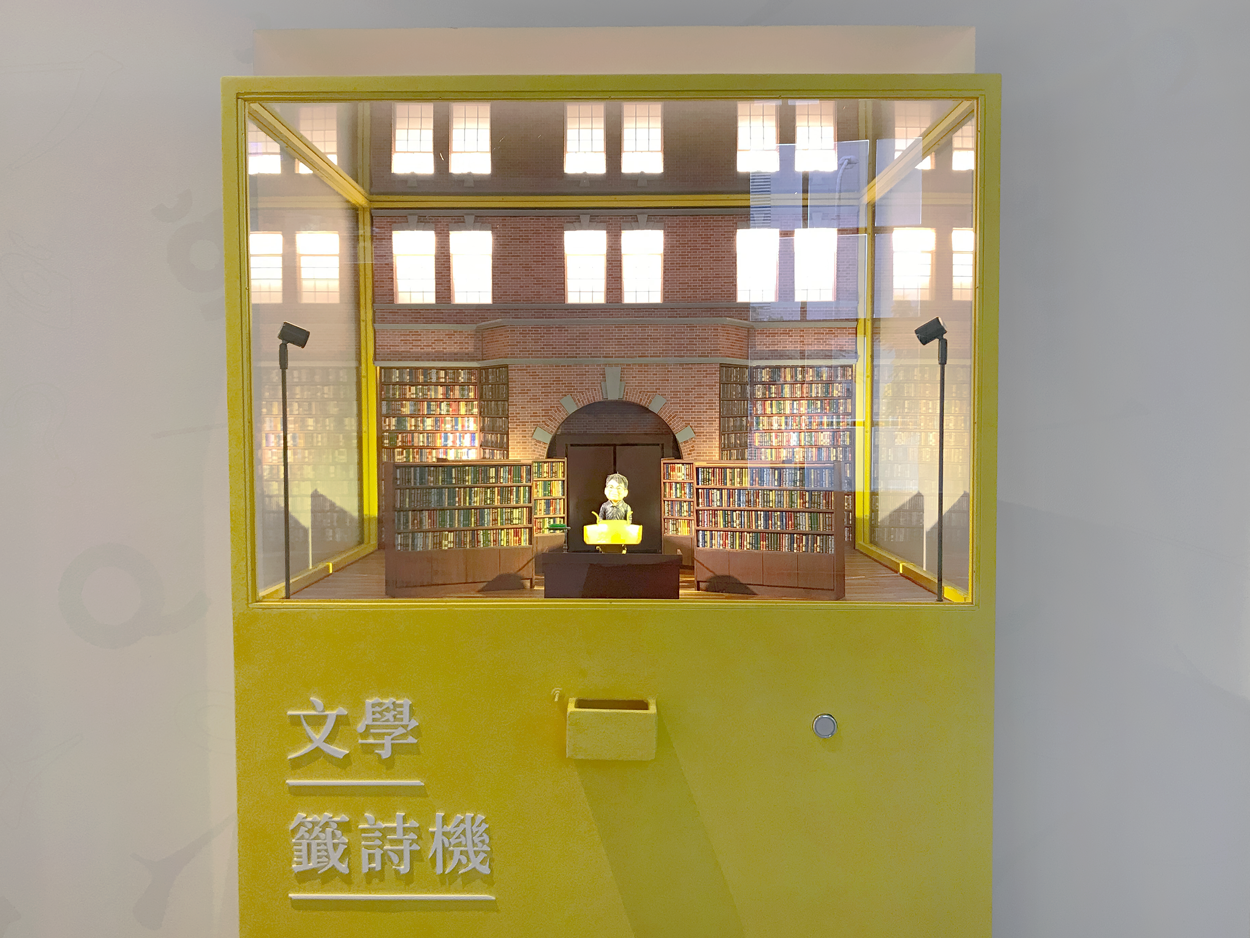
LITERATURE FORTUNE STICKS Interactive Installation
It is using elements of traditional Taiwanese religions, seeking answers to your questions within poems written by the gods of literature. It's just like the "lottery poetry" or "Chinese fortune sticks".The above text is a collection of short sentences extracted from Taiwan modern literature. These sentences can be used to answer questions or to point you in a direction.The terms "大吉", "中吉", or "小吉" represent the amount of good fortune associated with this short fortune sticks.
大吉 indicates a BIG fortune,
中吉 indicates a MEDIUM fortune, and
小吉 indicates a SMALL fortune.
Good luck to you!
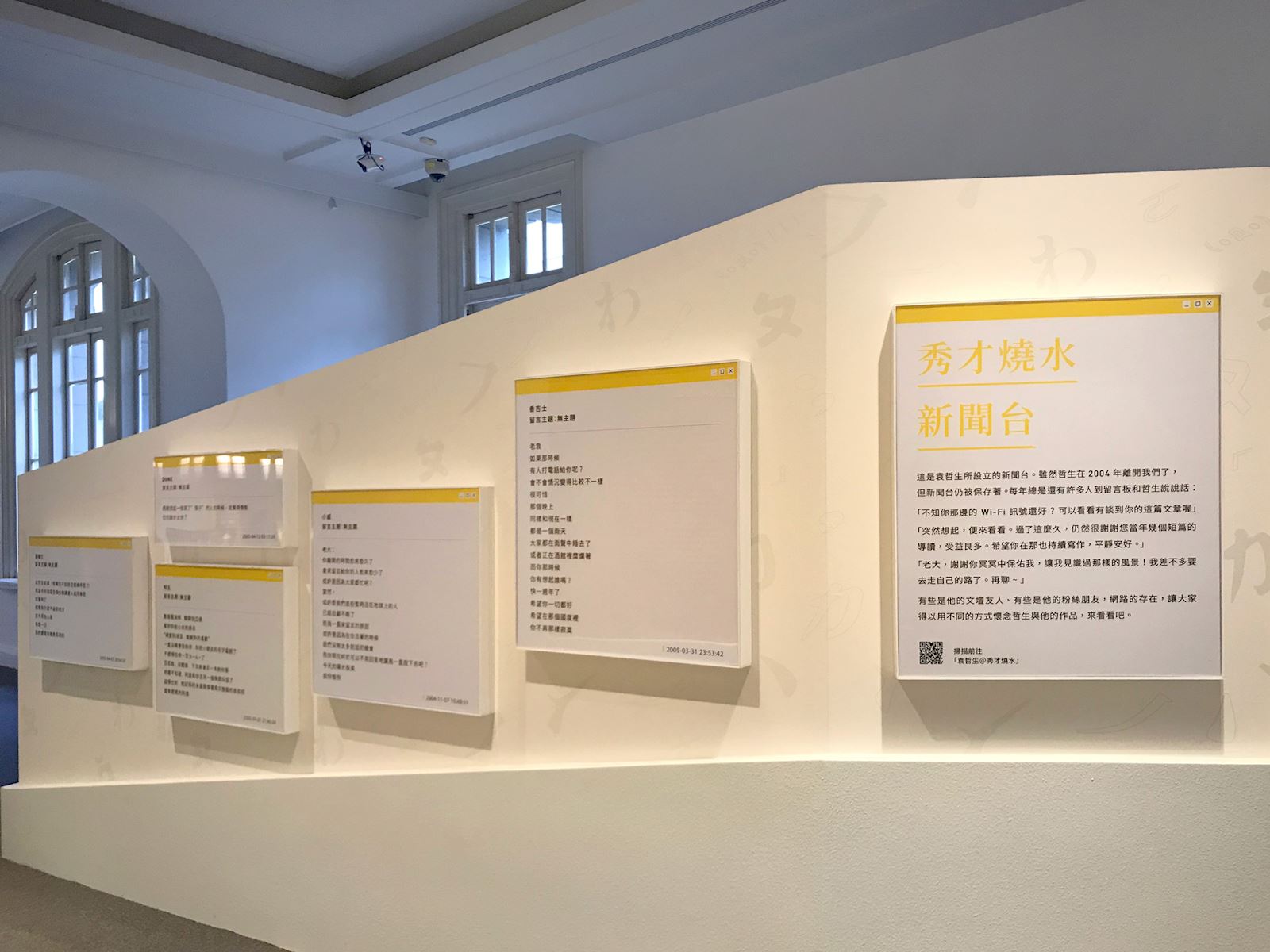
XIUCAI NEWS Site
Transient life and eternal network. Yuan Zhe-sheng passed away in 2004. Messages posted to Yuan's former news site reflect the sorrow of his many fans at his passing. The numerous comments are permanent traces in the digital world. To read the comments, please go to "Yuan Zhe-sheng@ Xiucai Boils Water."
NEXT: “Future”
